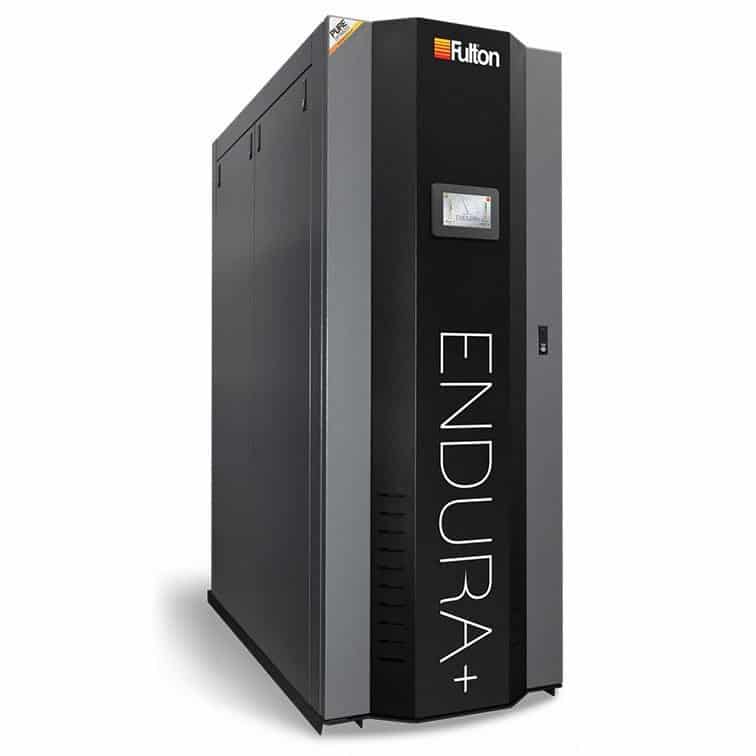A recent Global Market Insights report on the boiler industry predicts strong growth ahead for the commercial boiler market, thanks in part to infrastructure development across the U.S. and rising awareness towards energy-efficient heating systems. Advancements in controls and operation are also driving this growth— particularly Building Automation Systems (BAS) and Internet of Things (IoT) data integration.
Building Automation Systems:
Building Automation Systems (BAS) have the HVAC industry abuzz with promises of increased efficiency and significant ROI. BAS has recently become the standard in most commercial facilities, with more than half of all buildings in the U.S. larger than 100,000 square feet utilizing this model. On average, BAS can save between 5 and 15 percent of overall building energy consumption. These computer-based systems are installed within facilities to control and monitor mechanical and electrical equipment and boost energy efficiency. With boilers, these systems allow users to precisely control fuel and combustion air to drive efficiency. But how?
BAS Systems effectively control HVAC systems by:
- Allowing the owner to set up schedules of operation for the equipment so that energy savings can be realized when the building or spaces in the building are unoccupied.
- Allowing the system to compare space temperature, outside air conditions and equipment capabilities through Adaptive Learning so that the equipment can be turned on at the appropriate time to ensure space setpoints are achieved before occupation.
- Offering the ability to send alarms via email, pager, or telephone to alert building managers and/or technicians of developing problems and system failures.
- Offering load shedding when power companies are at peak demand and need businesses to cut back on power usage to prevent brownouts.
Internet of Things (IoT) Data Integration:
Integrating the Internet of Things (IoT) with commercial boilers enables end-users to use data in more meaningful ways. IoT sensors in boilers continually collect data and send it over a network, enabling real-time monitoring of boiler systems. Customers can control these smart systems from wherever they are and set targets for energy consumption and automatic alerts when there are defects or maintenance needs within the system. The IoT is gaining traction in larger applications more than ever. Controls and IoT in the commercial boiler market are gaining ground with a focus on maintenance and troubleshooting. This helps facilities keep their equipment operating at peak performance with less manpower.
What’s Next?
With the move to BAS and IoT, we can expect to see a few additional trends for commercial boilers in the future, including user-friendly control panels and connective systems. Products that can connect to a smart device and be monitored remotely are in demand in the boiler industry. Artificial intelligence boilers are in development as well, with advanced features like self-monitoring, self-adjusting and automatic commissioning. While we can’t promise all of these trends will come to fruition, we can promise to keep our clients on the cutting edge of boiler technology.
Check out UEP’s full line of commercial energy efficient boilers here. Not sure what you need? Our engineering specialists can assist with determining which solution is right for your installation.


